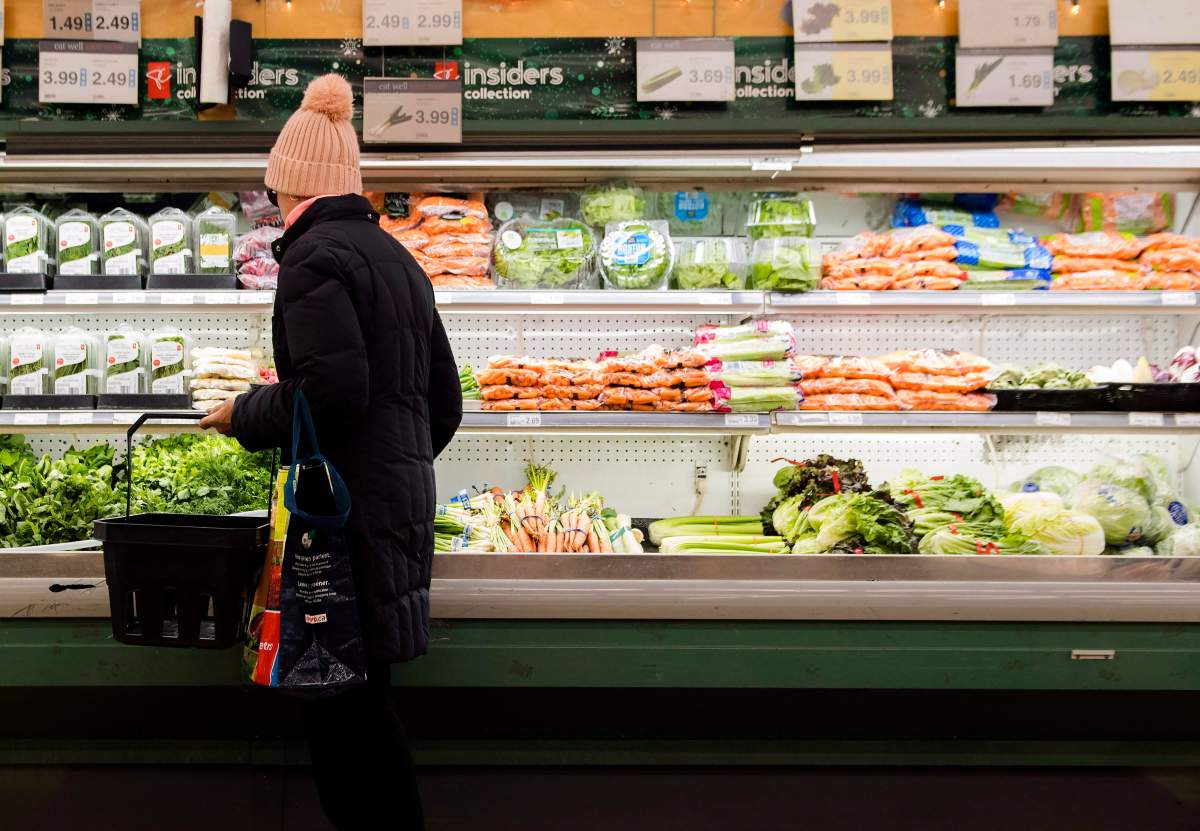Saskatchewan had the lowest increase in 2023 out of all Canadian provinces at 5 per cent, according to Canada’s Food Price Report. But for some Saskatchewan families, that still impacts how they shop.

Regina resident Kristyn Focht said the current cost on her household is a lot of stress every month.
“I feel like I’m having to just plan a little bit more and be a little more diligent on our spending,” said Focht. “Definitely looking for sales, keeping an eye on fliers more and just making note of when I go to the grocery store, how the price is and checking around other stores as well.”
Another Regina resident, Lan Hong, also tries to look for what items are on sale.

Get breaking National news
“I look for deals on Flipp, an online app … and just buy what’s on sale,” said Hong. “I just eat what’s on sale. I don’t buy anything (at) regular price. That’s how I save money.”
Paul Belanger is originally from Toronto but came to Saskatchewan after retirement due to lower housing prices. Right now, he says he doesn’t see the food prices are too high in Saskatchewan.
“Saskatchewan seems lower prices than most other parts of the country,” said Belanger. “I find that they’re not that bad, really. I’m on a fixed income and I still find things sort of manageable. But I can understand if you have a big family, then it could be tough.”
The Canada’s Food Price Report was released on Dec. 7, 2023, which shows the current rate for food price increases has exceeded this prediction at 10.3 per cent as of September 2022. The report predicts that overall food prices will increase by 5 per cent to 7 per cent.









Comments